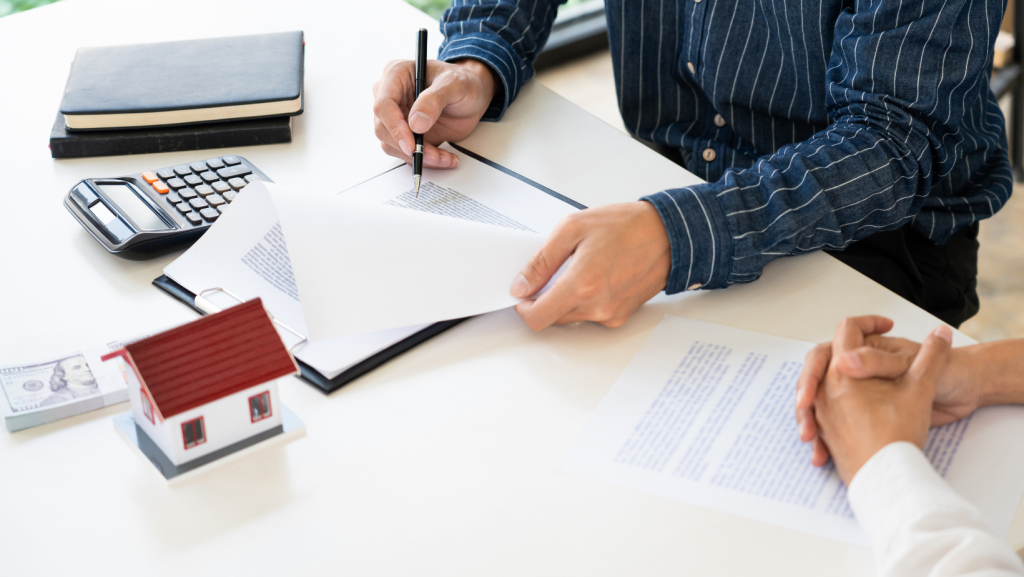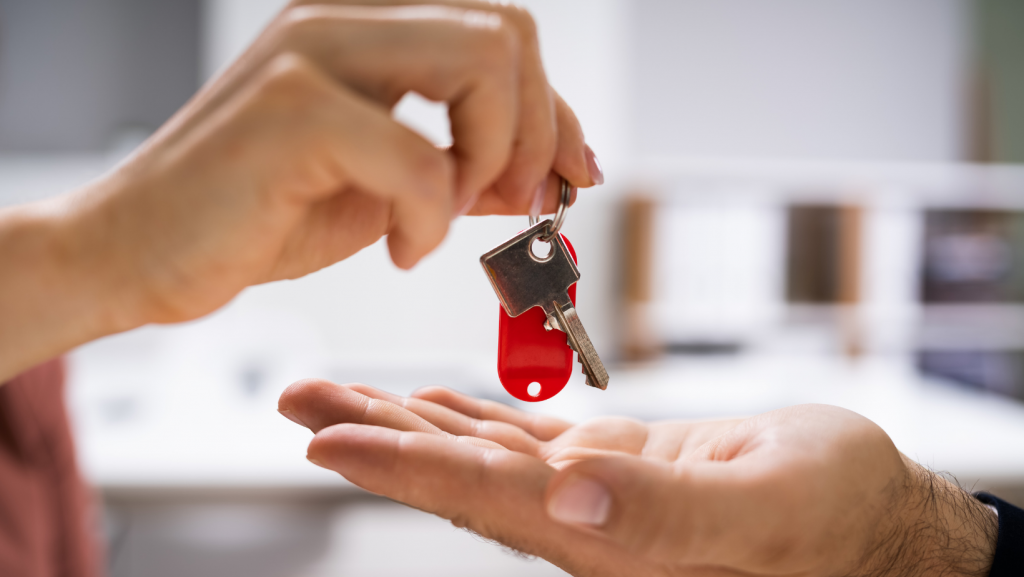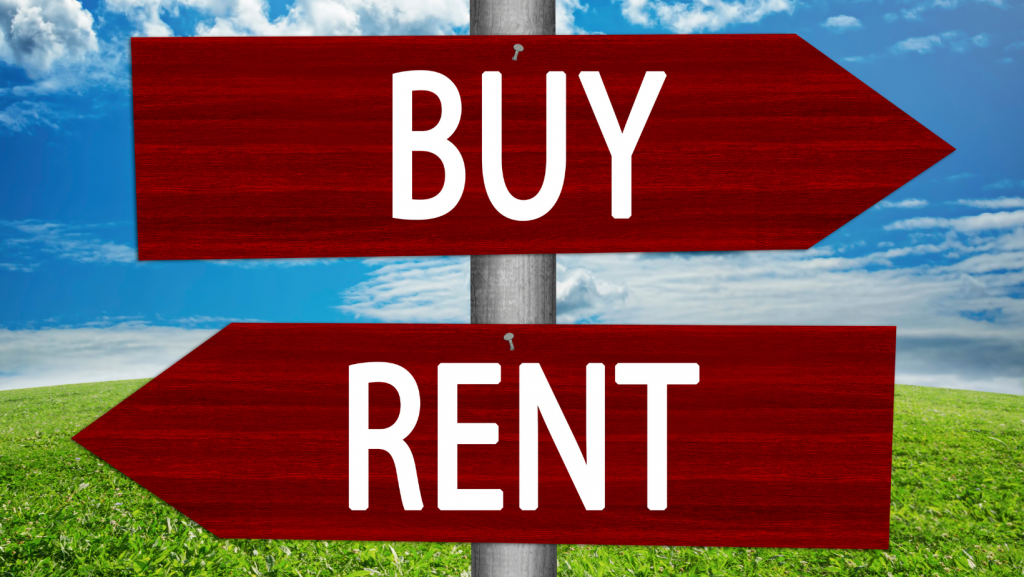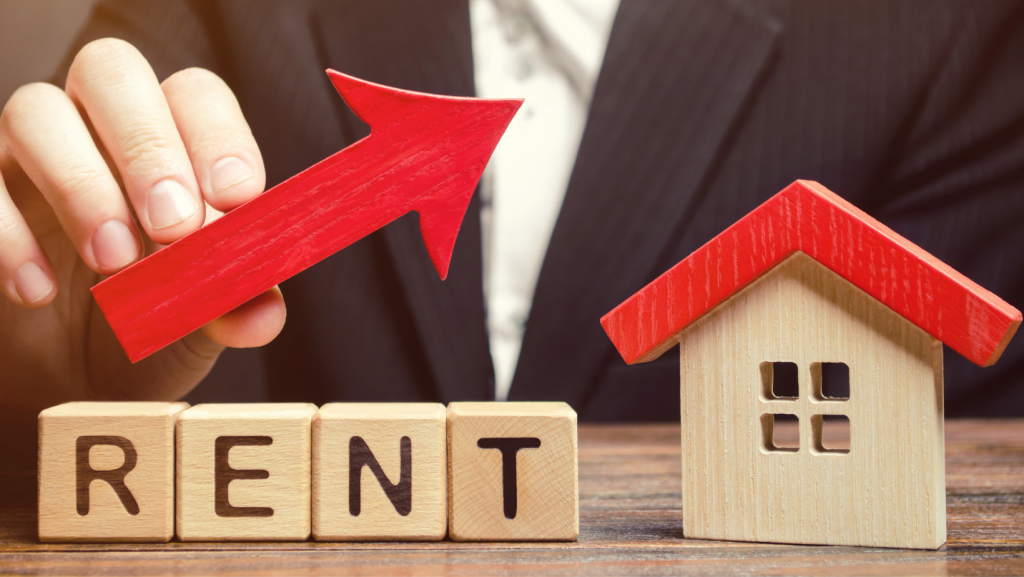To Buy or Rent a Home? Which Is Better?
Renting vs. buying a home is a big decision, and there are pros and cons to each option. In recent years, a higher percentage of U.S. households were renting than at any point since 1965.
When you make this decision, a lot of things go through your mind. “Should I buy a house or should I rent it?” is probably the first. You must first select which option is best for you before taking the major step. Before making your decision, consider the advantages and disadvantages of renting and buying a house.
RENTING: Pros and Cons
Pros of Renting:
1) Fewer upfront costs and paperwork
2) Freedom to be more mobile
3) Not responsible for maintenance and repairs
4) No need to worry about falling home values
5) Build credit (if your landlord reports rent payments to the credit bureaus)
6) No property tax bills
Cons of Renting:
1) The landlord can raise the rent or sell the property
2) Choices may be limited depending on vacancies
3) Might have to move multiple times
4) Don’t build equity
5) No tax benefits
BUYING: Pros and Cons

Pros of buying:
1) May build equity and credit
2) No landlord to answer to
3) More stability (especially with schools)
4) Possible tax benefits
5) Can improve or upgrade home to your taste
Cons of buying:
1) Requires substantial money, and paperwork upfront
2) Could lose money if home values decline
3) Extra expenses beyond mortgage payments
4) Rising home prices and low inventory in many markets
5) Responsible for repairs, remodeling
Is buying cheaper than renting?
There are different costs associated with renting vs. buying, and they depend heavily on where you live and the local housing market. Using a rent vs. buy calculator can help you break down some of these expenses.
Most rental properties require a security deposit, for example, which protects the landlord against damage caused by the renter. You’ll usually put down the first and final month’s rent payments when you sign a lease. When evaluating a lease contract, ask if your monthly rent includes utilities such as water, electric, gas, cable, or internet.

For home buyers, one of the biggest costs of homeownership is your monthly mortgage payment, which includes the loan’s principal and interest. Your payments can go up or down over time if your loan is variable-rate or your property taxes or homeowner’s insurance premiums change.
Having a sizeable down payment — anywhere from 3 percent to 20 percent of the home’s purchase price — is expected. If you put less than 20 percent down, your lender will typically require you to purchase private mortgage insurance, or PMI, which drives up your monthly payments, too.
During the home-buying process, the buyer will need to pay for a home inspection and for any quotes for repairs needed from contractors. They will also put down at least 1 percent of the sales price for earnest money.
As a homeowner, be prepared as well for some of the hidden expenses that come with home ownership that catch many first-time home buyers off guard and may lead to buyer’s remorse.
If you’re purchasing a property in a homeowner’s association, or HOA, you’ll also need to factor in monthly HOA dues, which can cover services like landscaping, exterior maintenance, and community amenities.
The Bottom Line
Due to the amount of equity acquired, owning a home can be beneficial to homeowners in the long run. Renters have little to show for their years of payments. If you’re not sure which is best for you, give me a call and I’ll help you weigh your options and make an informed decision. Thank you so much!

